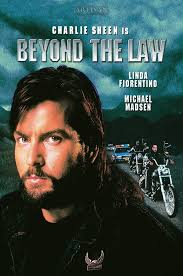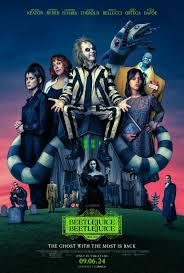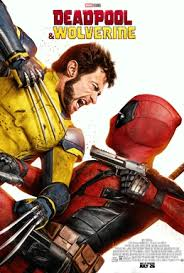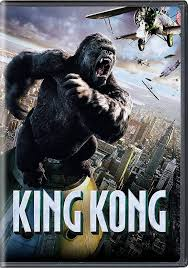THE WHALE = A-
This was a very good, thought provoking and emotionally taxing film. Phenomenal script, well directed, with raw, honest performances from the actors. Brendan Fraser was brilliant and believable as Charlie. He deserved the recognition and praise that he received, but he wasn't alone in achieving it. Like a star quarterback who takes all the glory in making the passes, calling the plays, and leading his team, Fraser was only as good as were his running backs, wide receivers and offensive line. The whole cast did an outstanding job, keeping this film rooted in realism and keeping one another grounded.
What made me fall in love with this film most was its fearlessness in being ruthlessly candid. We felt for Charlie but also recognized his flaws. We hurt right along with him but realized much of his situation was self-inflicted. He had come to terms with the wrongs he had committed in betraying his wife and abandoning his daughter, yet he still stuck to a forgiveness of his offenses, or more so a pass because he had fallen in love. This leads me to a Hollywood trope that I must touch on. Hollywood has many films where an act of betrayal is deemed permissible if the perpetrator fell in love. Here in
The Whale, Charlie is at least held accountable for his actions. There are consequences. I appreciate that. Often in films a wife cheats on a husband or a husband leaves his wife and kids, and Hollywood gives us the impression that these actions are ok, as long as they fell in love with another. I feel compelled to point this out as it is not rare, rather common for many films within the last 20 years to depict this belief.
Moving on, what kept this film fresh and interesting was its deep, in depth look at human intentions. Charlie often meant good, but he often failed to see how he was hurting others. He knew enough to at least look at his daughter's feelings, but he didn't seem nearly as concerned with Liz's. Liz was the sister of his lover, she hurt as much from Allen's death as did Charlie, but Charlie didn't seem to take that into consideration until Liz made it painfully obvious. Then Charlie thought he was doing the right thing but leaving the $120,000 to his daughter, but failed to see how hurtful and insulting it was to not leave anything to Liz, who herself had given so much of herself to Charlie. I've seen these type of situations play out in real life. Someone not family will take care of a person, help the person out and be there for the person. Then the person dies. Family is left with the estate, and the person continues to struggle. I would have empathized with Liz had she turned and walked away forever. I could have understood that. I feel it would have been justified. Not that I feel she should have felt she deserved the full $120,000, but she deserved more than the $0 she received. The fact that she remained, continuing to care for him, revealed the true compassion of her character.
Which leads to the daughter, Ellie, a mixed bag of emotions. It was difficult to tell exactly who she was and exactly where she stood. Her mom saw her as emotionless and sociopathic, even deeming her as evil. It was obvious through scenes with her father and with Thomas, that she did have feelings, but still it was difficult to decipher her intentions. Did she really want to help Thomas? Was it her intention to get him accepted back into his family and be welcomed back to Waterloo? Or was she hoping to embarrass and expose him? It simply backfired on her and had the opposite reaction? Sadie Sink played the character very well and very ambiguously to keep one guessing.
Thomas's character I found most intriguing. Having gone to college with such types, its often hard to separate the true intentions of someone, against what can often be excruciatingly hurtful results. It was fascinating to see him suffer within his own wallow, yet be so oblivious to it as he continued to think that his pushing the gospel onto Charlie was right. It was difficult to dislike Thomas, because he was not malicious, he was sincere. Yet his actions were harmful, which cannot be ignored. We're a complicated species, and difficult to figure out. Difficult to label. Difficult to categorize.
The Whale depicted this beautifully.
I could continue to analyze the film and the characters even more. Much more. However, this review is already long enough as it is. I do need to explain why the A- instead of an A though.
As well written, honest and raw as this film was, I must dock a few points because there were times when the writing played it safe and conventional. I appreciated the times when risks were taken so much, that it made the times when cheap, overused tropes stick out like a sore thumb. This took away from what was otherwise a fairly flawless film.






